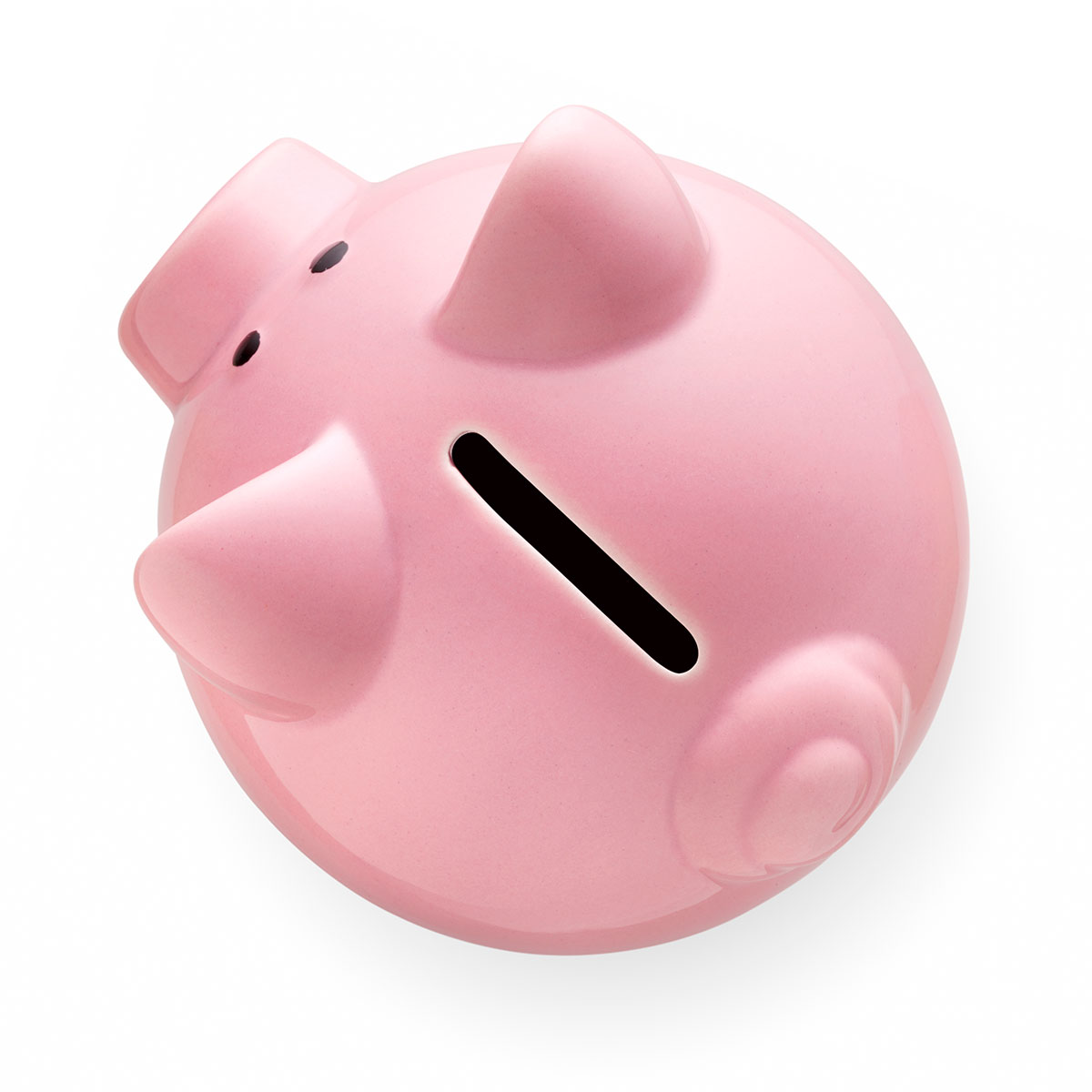Do you have dry mouth? The feeling is more than just uncomfortable. Frequently occurring dry mouth can be a warning sign of a more serious problem. Here’s a rundown of what causes dry mouth – and what treatment options are available.
Signs and Symptoms of Dry Mouth
Dry mouth can vary in severity from a minor irritation to an uncomfortable, even painful, sensation. The main symptom is a lack of saliva in the mouth. Other symptoms of dry mouth include:
- Sore throat
- Bad breath
- Difficulty talking or chewing
- Hoarse voice
- Dry tongue with visible grooves
Three Main Causes of Dry Mouth
Occasional, short-term dry mouth is fairly common. If you wake up some mornings with a dry mouth, you’re probably just dehydrated. Drinking a glass of water, and generally staying hydrated throughout the day, should prevent these simple cases of dry mouth.
If your dry mouth is chronic or severe, the cause is probably a bit more serious than dehydration. Serious dry mouth is usually caused by one of these three conditions:
- Medical conditions
- Prescription medications
- Any decreased saliva production
In order to determine the cause of your dry mouth, you’ll need to meet with a dental professional. After determining the cause, your dentist will be able to help you develop an effective treatment program.
Dry Mouth Treatments
Hundreds of common medications have side effects which reduce saliva production and lead to dry mouth. Medications for high blood pressure, anxiety, allergies and more can increase the frequency and severity of dry mouth.
When you meet with your dentist, bring along a list of any medications you’re currently taking. Either an individual medication or an interaction between two or more might be the cause of your dry mouth. An alternate medication or change in dosage might be necessary.
Medical conditions can also cause dry mouth. Radiation and chemotherapy treatments can damage the salivary gland. Dry mouth can be caused by certain diseases such as Alzheimer’s disease, Sjogren’s syndrome and stroke.
Problems Caused by Dry Mouth
A dry mouth is more than just uncomfortable. Chronic dry mouth increases the likelihood of developing a wide range of dental problems. Saliva is a natural mouth cleanser which helps to wash away buildup of food particles and bacteria. If your mouth is unable to produce enough saliva, eventually plaque, tooth decay and gum disease will be able to thrive.
Increasing Saliva Flow
In some cases, your dentist will work with you to increase your saliva flow. Special toothpaste, mouthwashes and sprays can help increase the moisture level of your mouth. Your dentist might also prescribe a prescription drug such as Salagen or Evoxac.
Low saliva levels increase the risk of dental problems. So daily, preventative dental care becomes even more important. Brush your teeth for at least two minutes after every meal and floss at least once a day. Visit your dentist every six months or on whatever schedule he or she recommends.
If you’re concerned about cost, consider a dental discount plan. Also called a dental savings plan, this is a membership savings club which offers discounts of 10% to 60% on a wide variety of dental procedures. Members present their discount cards at the office of any participating dentist for instant savings. Everyone is accepted into the plan, even if you currently have chronic dry mouth.
Managing Dry Mouth
Aside from traditional dental care, there are a few simple, effective strategies you can use to reduce your dry mouth symptoms:
- Drink water throughout the day
- Chew sugar-free gum
- Suck on sugar-free candies or ice chips
Certain behaviors and foods can worsen dry mouth symptoms. Only use alcohol-free mouthwash and mouth rinses. Alcohol has a drying effect which you want to avoid.
Avoid drinking alcohol and coffee, too. They both increase urination which also drying out your mouth. Tobacco products can also increase mouth dryness (along with creating many other problems).
How Dental Treatments Help
Dry mouth treatments are usually pretty straight-forward and effective. But diagnosing the proper cause can be more complicated. Only a trained dental professional can properly identify and treat chronic dry mouth. If you have frequent dry mouth, schedule a dental appointment as soon as possible.
You don’t have to live with the discomfort of dry mouth. A dental discount plan can help you save on a trip to the dentist’s office, and your dry mouth problems can be solved!







